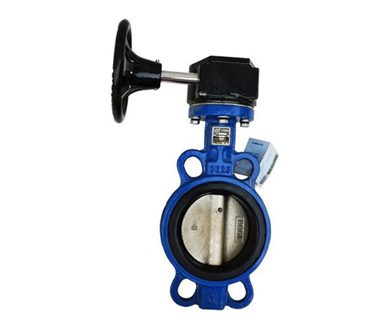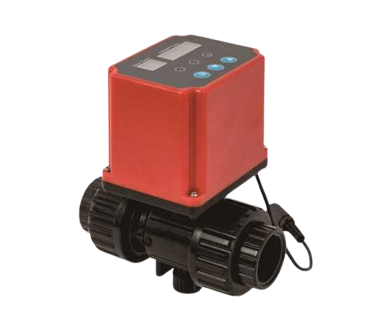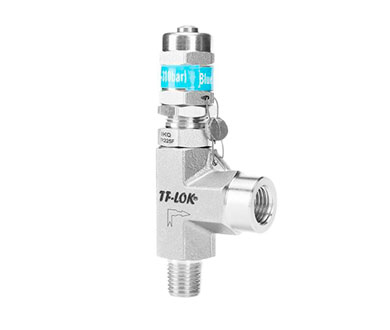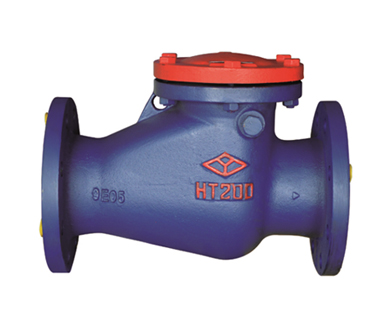Brass Gate Valves
Cast Iron Gate Valves
Cast Steel Gate Valves
Forged Steel Gate Valves
Stainless Steel Gate Valves
Rising Stem Gate Valves
Non-rising Stem Gate Valves
Double Disk Parallel Gas Gate Valves
Knife Gate Valves
Bellows Sealed Gate Valves
Cast Iron Globe Valves
Cast Steel Globe Valves
Forged Steel Globe Valves
Stainless Steel Globe Valves
Brass Globe Valves
Wafer Type Butterfly Valves
Flange Type Butterfly Valves
Eccentric Butterfly Valves
Lug Type Butterfly Valves
Cast Steel Check Valves
Cast Iron Check Valves
Stainless Steel Check Valves
Brass Check Valves
Lift Check Valves
Swing Check Valves
Forged Steel Check Valves
Cast Iron Ball Valves
Cast Steel Ball Valves
Stainless Steel Ball Valves
Brass Ball Valves
Fully Welded Ball Valves
Electric Ball Valves
Ceramic Core Ball Valves
Multiport Ball Valves
Rotary Valves
Top Entry Ball Valves
Floating Ball Valves
High Pressure Ball Valves
High Temperature Ball Valves
V-port Ball Valves
Cast Iron Butterfly Balance Valve
Cast Iron Internal Thread Globe Balance Valve
Brass Balance Valve
Number-lock Balance Valve
Closed Spring Loaded Full Bore Type Safety Valve
Closed Spring Loaded Low Lift Type Safety Valve
High Temperature And High Pressure Safety Valve
Pilot Operated Safety Valve
Spring Full Bore Type Safety Valve With Radiator
Spring Full Bore Type With Lever Safety Valve
Spring Loaded Low Lift External Thread Type Safety Valve
Spring Loaded Low Lift Type Safety Valve
Spring Loaded Low Lift Type With Lever Safety Valve
Stainless Steel Spring Loaded Full Bore Type Safety Valve With Handle
Twin Spring Type Safety Valve
LNG Filling Nozzle
Cryogenic Gas Return Nozzle
Cryogenic Gas Refueling Receptacle
Cryogenic Gas Relief Valve
Cryogenic Gas Shut-off Valve
Cryogenic Gas Breakaway Coupling
Cryogenic Gas Pressure Regulator
Cryogenic Gas Check Valve
Flanges


 日本語
日本語  한국어
한국어  français
français  Deutsch
Deutsch  Español
Español  русский
русский  português
português  العربية
العربية  tiếng việt
tiếng việt  ไทย
ไทย 
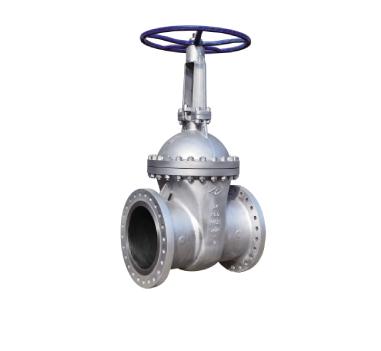
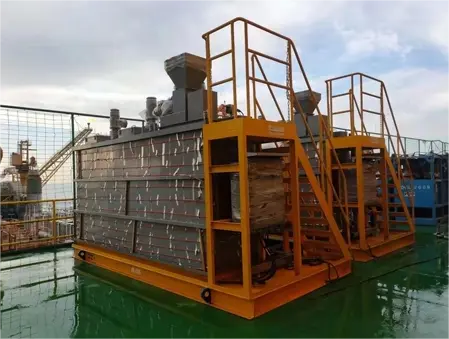
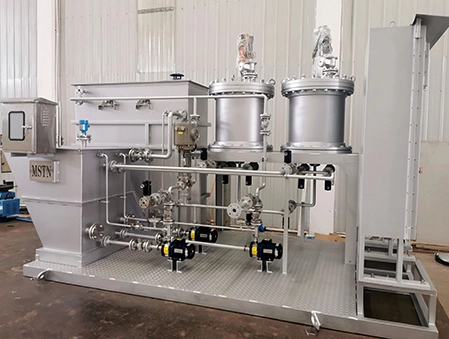
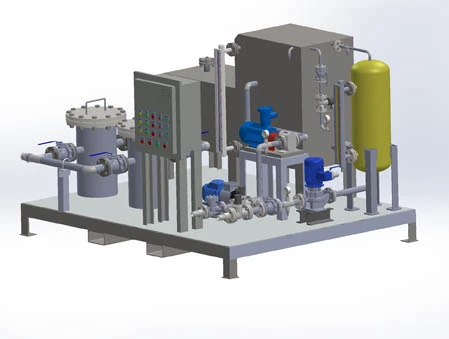
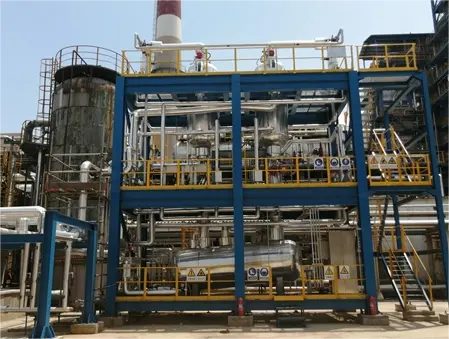
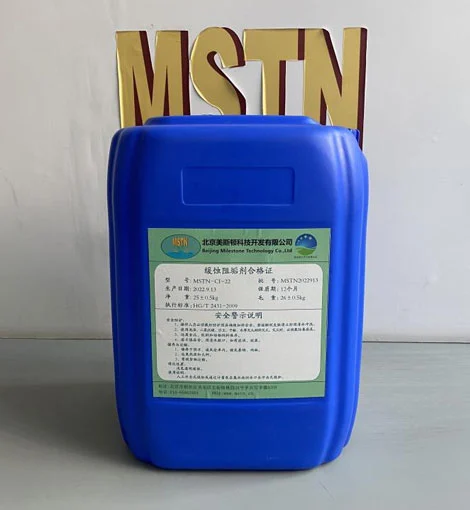
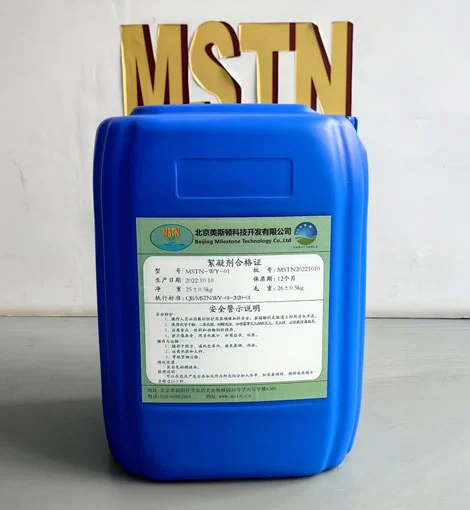
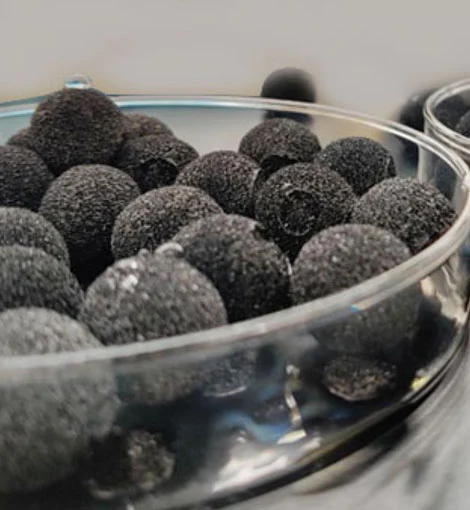
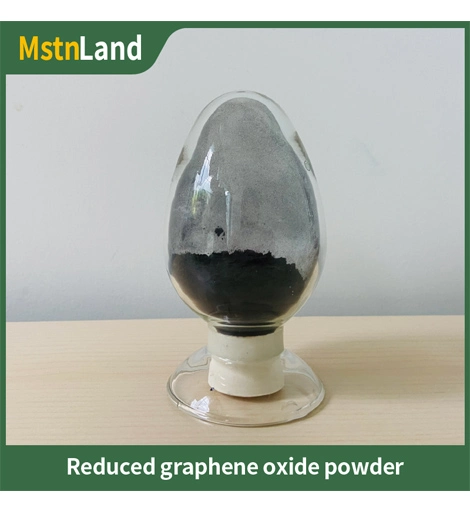
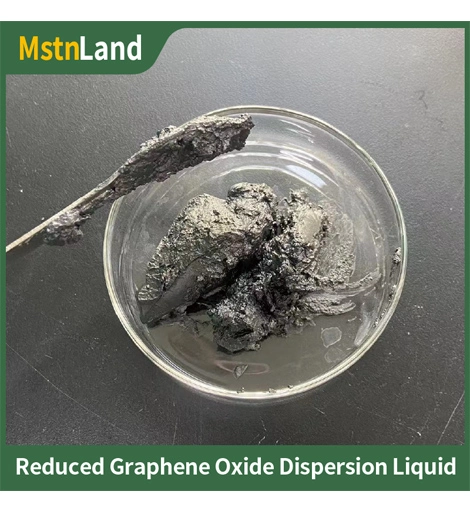

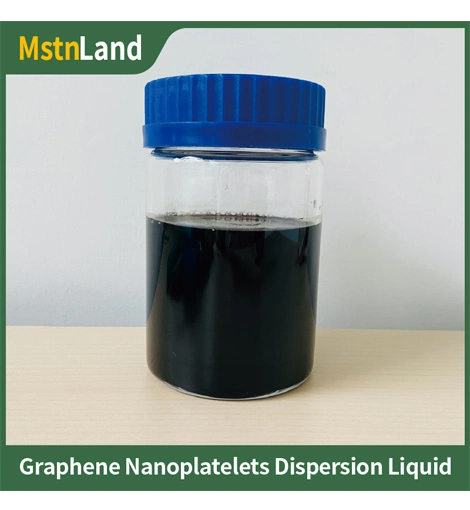
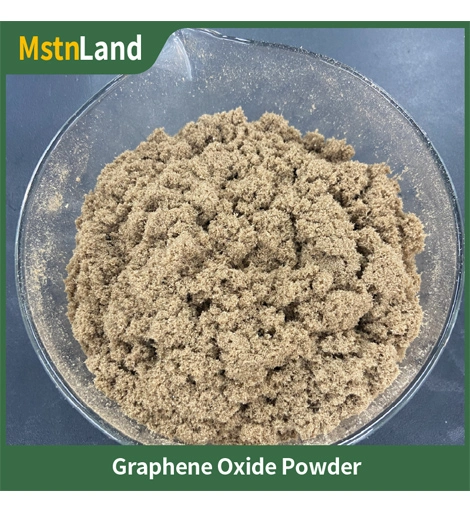
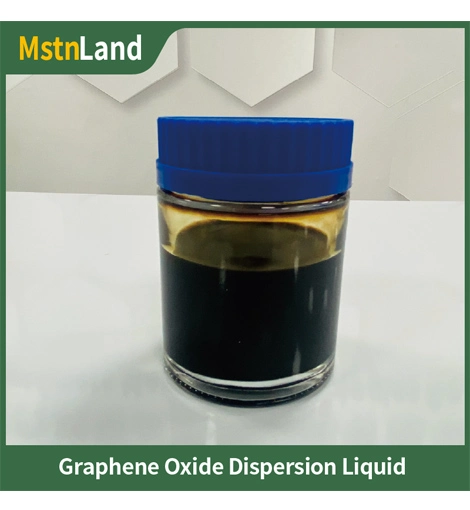
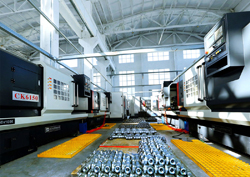
.jpg)
